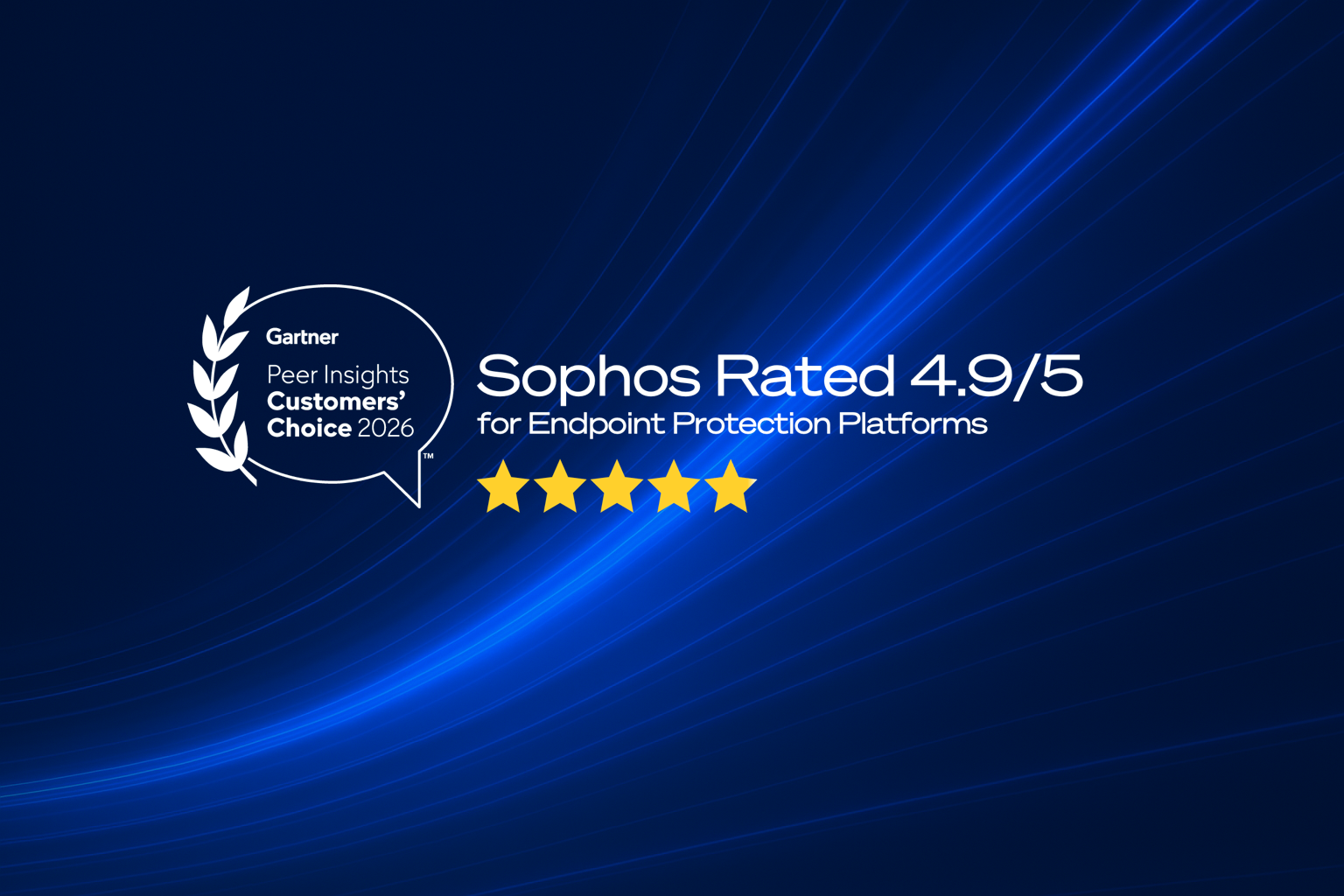
What is a managed security service provider (MSSP)?
A MSSP or managed security service provider protects an organization's applications, devices, and systems against cyberthreats. You can hire an MSSP to handle some or all aspects of your cyber protection. If you do, your service provider will manage your cybersecurity in alignment with your organization's security needs.
About Managed Security
Managed security refers to cyber protection that you control on your own or with the help of a third-party vendor. For example, you can purchase security software and hardware and have a team in place to manage it. Or, you can hire an MSSP that delivers security services that it manages remotely.
Along with these options, you can partner with several cybersecurity companies to manage different aspects of your security operations. If you choose this option, however, it is important to keep in mind that managing your security can become exceedingly complicated and expensive.
What are Managed Security Services?
Managed security services, sometimes referred to as managed cybersecurity services, allow you to outsource your cyber protection to a cybersecurity as a service provider, a third-party vendor that monitors all of your organizational cybersecurity systems from a remote location.
What is a MSSP - Managed Security Service Provider?
A managed security service provider " provides outsourced monitoring and management of security devices and systems," according to Gartner. An MSSP uses one or more security operation centers (SOCs) to provide 24/7 cybersecurity services.
What does a Managed Security Service Provider do?
An MSSP lets you outsource parts or all of your cybersecurity functions. It offers around-the-clock information security monitoring and management services and follows a proactive delivery model to help organizations prevent, detect and triage cyberattacks.
MSSP vs. MSP
All MSSPs are MSPs, but not all MSPs are MSSPs. Ultimately, a managed security service provider focuses on cybersecurity. Comparatively, a managed service provider delivers IT services designed to keep an organization's systems running in accordance with an SLA.
Examples of Managed Security Services
Log Monitoring and Management
With log monitoring, an MSSP collects, analyzes, and responds to log data from an organization's applications and IT infrastructure. In addition to monitoring logs, a service provider can continuously collect, parse, store, and analyze data. From here, the service provider can give an organization insights that it can use to optimize its cyber protection.
Vulnerability Scanning
An MSSP can look for security vulnerabilities across an organization's systems. Additionally, the service provider can help an organization develop and execute a vulnerability management program to protect against data loss and breaches.
Managed Detection and Response (MDR)
A managed detection and response (MDR) service is backed by security experts who monitor an organization's cloud environments, endpoints, and networks. These experts look for and respond to cyberthreats 24/7.
Endpoint Detection and Response (EDR)
Also called endpoint threat detection and response, EDR lets you monitor and collect endpoint data in real time. MSSPs often offer EDR services built with rules-based automated response and analysis capabilities. These services automatically detect and respond to suspicious activities.
Extended Detection and Response (XDR)
XDR represents the next evolution of EDR. It provides visibility into an organization's data. At the same time, XDR applies analytics and automation to these data. That way, XDR quickly detects and addresses current and emerging cyberthreats.
Firewall
If you use a managed firewall service, your organization's network traffic is continuously monitored. An MSSP observes and tracks patterns in your network traffic. It uses these patterns to find ways to bolster your security posture.
Also, a managed firewall service lets you stay up to date on any security issues that come up. For instance, if a security event happens that falls outside of your organization's security parameters, the service alerts you. Next, your MSSP addresses the issue and takes steps to prevent similar problems from happening once again.
Zero Trust Network Access (ZTNA)
ZTNA secures remote access based on the concept of "trust nothing, verify everything." MSSPs offer ZTNA services that define which users are authorized to access an organization's apps, data, and systems. These services eliminate the risks that come with using a virtual private network (VPN) in which users are granted full access to everything stored and managed on an organization's network.
Benefits of an MSSP
Access to Cybersecurity Talent
Your organization — like many others around the world — continues to deal with the cybersecurity skills gap. If you want quality cybersecurity professionals to join your team, you likely have to commit significant time, energy, and resources to recruit and retain them. By hiring an MSSP, you can supplement or replace your internal security team.
Access to Security Expertise
To protect against security incidents, you need cybersecurity professionals on staff. An MSSP adds security expertise to your team. You can partner with an MSSP that offers security tips, recommendations, and insights so you can get the most value out of your cyber protection. Your MSSP can also work with your employees and customers to protect them against cyberthreats.
24/7 Protection
Cybercriminals are vigilant — and they attack organizations 24/7. Hiring an MSSP gives you round-the-clock cyber protection. Your MSSP identifies and addresses cyberattacks, even if they occur outside of your organization's standard operating hours.
Cybersecurity Maturity
Many small and medium-sized businesses (SMBs) want the best cyber protection but cannot afford to hire top cybersecurity talent or invest in high-end security software, solutions, and tools.
An MSSP helps organizations of all sizes and across all sectors improve their cybersecurity maturity. To do so, a service provider learns about an organization's security posture and looks for cybersecurity gaps. Then, it provides the managed security services and support this organization needs to level up its cyber protection. And, the service provider tracks the results of its work, ensuring an organization can maximize its cybersecurity maturity both now and in the future.
Customization
If you choose cybersecurity services, you are forced to deal with managing and maintaining them on your own. This can prove to be difficult — and even a single mistake during the implementation of your security services can lead to a cyberattack and data breach.
When you have an MSSP at your side, you receive security services tailored to your organization. Your service provider understands your security requirements and plans accordingly. It can provide you with the right security services and scale them as your organization grows.
Cost of Ownership
Investing in managed security services may prove to be more cost-effective than managing cybersecurity internally. An MSSP can bill you a flat rate for cyber protection every month — which may save you money in comparison to hiring on-site cybersecurity professionals.
On top of this, an MSSP can free up time for your security team and other members of your organization. This can help you invest more time in high-value tasks and less time worrying about your cyber protection.
Compliance
If you operate in financial services, healthcare, or another highly regulated sector, you need to secure your data and systems based on industry standards. With help from an MSSP, you can manage your data and systems and comply with industry mandates. Plus, you can avoid compliance penalties that can otherwise damage your brand's reputation.
What to Look for in an MSSP
Security Expertise
Choose a managed security service provider that's capable of meeting your cybersecurity requirements. For example, a hospital should search for an MSSP that is familiar with healthcare data security requirements. This service provider can help the hospital protect its data in accordance with HIPAA.
Cost
Oftentimes, it helps to get a security assessment from an MSSP. This gives you a good idea of your security needs and what services you'll need to address them. You can then get details about the costs associated with these services.
Many MSSPs charge based on data volume tiers; if you exceed your tier, you'll be charged extra. But, the best MSSPs generally have simple per-user pricing and other flexible pricing options. These service providers can explain their pricing structures in detail, so you understand exactly what their costs entail.
Technology
Find out what technology an MSSP uses to deliver its managed security services. The best MSSP should have no trouble describing its technology in easy-to-understand terms. If you have questions about the technology that a service provider uses, it should be able to answer them, too.
Threat Intelligence
An MSSP should collect and analyze threat intelligence. The service provider can share this intelligence with you, so you can understand the cyberthreats your organization faces and what can be done to address them.
Alert Notifications
Ask an MSSP how it notifies customers about security incidents. Ideally, an MSSP has rules in place for sending security alerts. It also works with customers to develop custom security alerting rules.
Onboarding
Your MSSP should give you a reasonable time frame for deploying its services across your organization. Prior to doing so, your service provider explains what they will need to do to complete your onboarding. It will prepare your staff and make sure that everyone knows what to expect throughout this process.
When your onboarding gets underway, your MSSP will maintain constant contact. And, most importantly, your service provider will protect against disruptions that can put your organization, its employees, and its customers at risk.
Customer Service
The ideal MSSP is proactive, to the point where it notifies you any time a security incident may be happening. This service provider ensures you can reach out over the phone, online, or through other platforms. If you are dealing with a security issue, the provider is accessible 24/7.
Tips to Help You Choose the Right MSSP
- Learn about an MSSP's experience and expertise. Set up a date and time to meet with an MSSP, discuss your security concerns and questions, and find out how this service provider can help you protect against malware, ransomware, and other cyberthreats.
- Read an MSSP's customer testimonials. Look online or ask an MSSP to provide you with customer testimonials, as these give you firsthand insights into what it's like to work with this service provider.
- Consider the SLA. Get details about the metrics an MSSP uses, how it tracks and measures them, and what SLA target values it can offer.
- Review your budget. Weigh the cost of hiring an MSSP for some or all of your cybersecurity versus hiring in-house cybersecurity staff or deploying security software, hardware, and tools on your own.
- Request a proof of concept (PoC). Run a PoC to understand how an MSSP will work with the cybersecurity technologies that you're already using.
Want a Third-Party Vendor to Manage Your Cybersecurity? Sophos Can Help
Sophos offers cybersecurity as a service to global organizations. We can manage parts or all of your cyber protection, so you can achieve the best-possible security outcomes. To learn more, please get in touch with us today.
Related resources
Related security topic: What is the MITRE ATT&CK framework?
.svg?width=185&quality=80&format=auto&cache=true&immutable=true&cache-control=max-age%3D31536000)


.svg?width=13&quality=80&format=auto&cache=true&immutable=true&cache-control=max-age%3D31536000)



